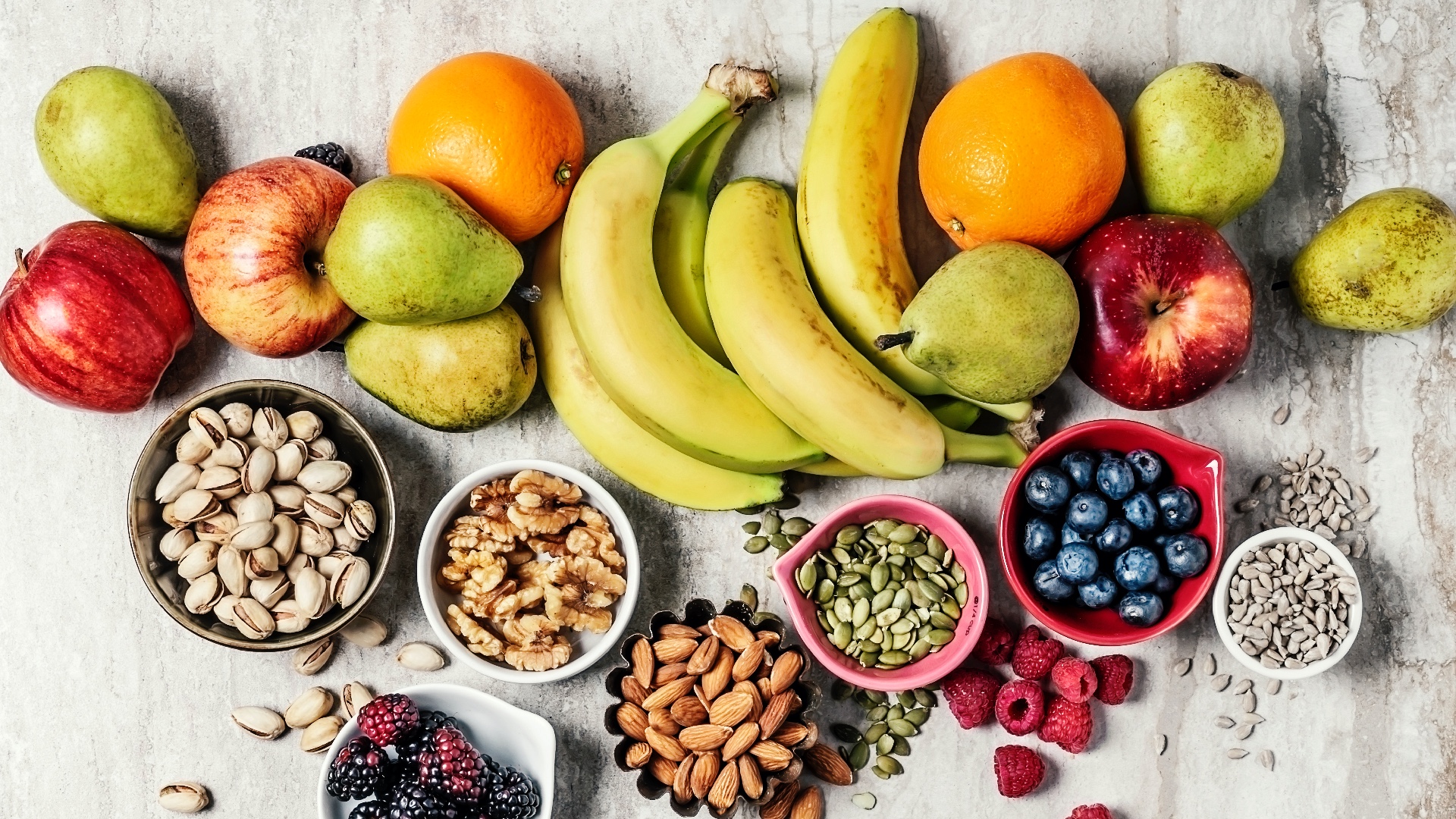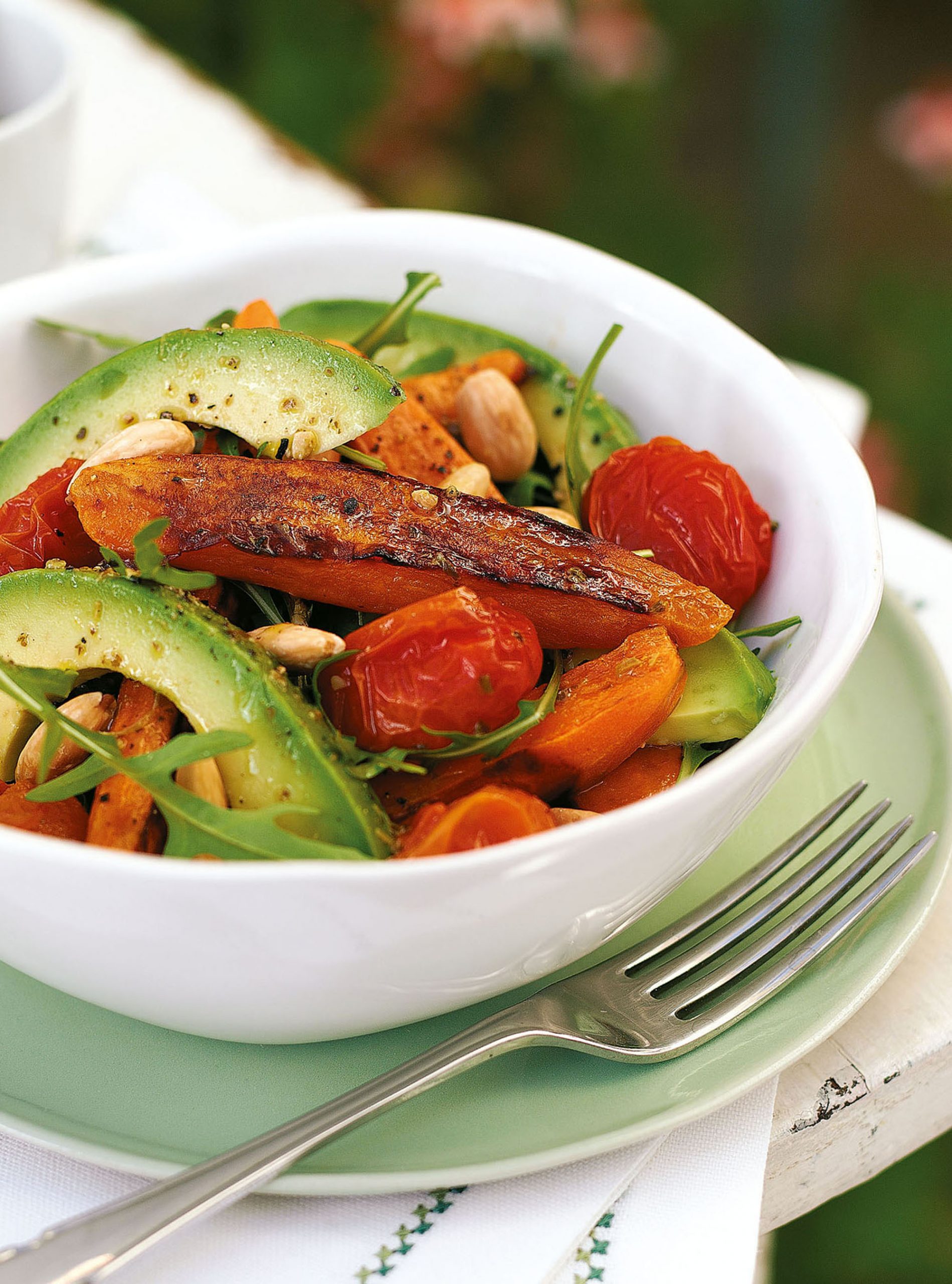The Alternate Day Fasting Diet

Sign up to our free daily email for the latest royal and entertainment news, interesting opinion, expert advice on styling and beauty trends, and no-nonsense guides to the health and wellness questions you want answered.
You are now subscribed
Your newsletter sign-up was successful
Want to add more newsletters?

Daily (Mon-Sun)
woman&home Daily
Get all the latest beauty, fashion, home, health and wellbeing advice and trends, plus all the latest celebrity news and more.

Monthly
woman&home Royal Report
Get all the latest news from the Palace, including in-depth analysis, the best in royal fashion, and upcoming events from our royal experts.

Monthly
woman&home Book Club
Foster your love of reading with our all-new online book club, filled with editor picks, author insights and much more.

Monthly
woman&home Cosmic Report
Astrologer Kirsty Gallagher explores key astrological transits and themes, meditations, practices and crystals to help navigate the weeks ahead.
The Alternate Day Diet could unlock the way to weight loss, a longer life and health benefits. Read on to find out how!
The big buzz in the dieting world, Alternate Day Fasting promises a diet you only have to follow every other day. Wouldn't it be great knowing you can indulge in that slice of cake tomorrow - guilt-free!
It has risen to new prominence recently thanks to the American plastic surgeon Dr James Johnson's recent book The Alternate Day Diet.
But what does alternate day fasting really mean?
Unlike most diets with a plan to follow day in, day out, on alternate day or intermittent fasting diets you'll have one completely normal day followed by a day of eating much less.
Some alternate day fasting diets suggest two days of fasting a week instead (the 5:2 day fasting diet, for example), and 'fasting' can mean anything from total abstinence to half of your recommended daily intake. Dr Johnson's book recommends eating 20% of your normal calorie intake (that's just 400 calories for the average woman).
But the principle is the same - it doesn't matter what you eat on either day, as long as you fast.
Sign up to our free daily email for the latest royal and entertainment news, interesting opinion, expert advice on styling and beauty trends, and no-nonsense guides to the health and wellness questions you want answered.
So, what are the benefits? The idea that restricting calories leads to weight loss and health benefits including longer life has been around for decades, but intermittent fasting makes it much easier to work into normal life.
Fasting intermittently places just enough stress on the body to trigger SIRT1, the 'skinny gene'. This speeds up your metabolism, releases fat to be used as energy, and turns off another gene that controls fat storage. In the long term, it's actually harder for your body to store fat.
Studies show that it could also have a positive effect against conditions including type 2 diabetes, heart disease and Alzheimer's.
Intrigued? Find out more about alternate day fasting and how it could help you...
Get more health and diet tips.

What are the pros?
Even if you eat so much on ?normal? days that you don?t lose weight, the potential health benefits still stand. Fasting could also help break bad eating habits - you?ll know what hunger really feels like and stop eating for the wrong reasons. You may also feel less deprived if you know you can eat whatever you like the next day. It also means you won?t have to worry about needing special food at parties or family occasions. Find more weight loss tips

And the cons?
Hunger! Even if you allow yourself half your usual recommended intake (1000 calories for the average woman) you could still find yourself distractingly hungry. There?s also the possibility of bingeing on ?feast? days, and you?re likely to come unstuck if your ?normal? diet isn?t healthy. Very low calorie intakes may not be suitable for some people, for example people with diabetes or on certain medications. Find more diet plans

How much weight loss can I expect?
If weight loss is your number one aim, you?ll need to limit yourself to 20% of your usual calories on fast days. During normal days, try to stick to fruit and veg, lean protein and whole grains. Surprisingly, most people don?t pig out enough on ?feast? days to undo their hard work, so you can expect to lose around 1-2lb a week plus more at the start as your body adapts. Find more weight loss tips

Will it work for me?
It?s down to you to decide what you prefer ? being a little hungry all the time and missing out on your favourite foods (as with most diets) or being ravenous a little of the time! Find more diet tips

Tips for successful fasting
Make sure you take in enough salt ? it?s so prevalent in a lot of foods that on fast days you may feel weak. Tinned tomato juice, cheese and fish in olive oil are all good sources of salt and important minerals like potassium and calcium. On fast days, choose low GI options that?ll keep you feeling fuller for longer ? and you?ll be amazed at the amount of salad and veg you can eat for very few calories. Find more diet plans
Natalie Cornish is a freelance digital journalist and editor.
Formerly, she was digital editor of Red Online, woman&home, and Fabulous.
Natalie has also freelanced for Stylist, ELLE, The Sunday Times, Cosmopolitan, Glamour, Future Women, Grazia, Country Living, House Beautiful, and Marie Claire.
Natalie has been nominated for a number of awards, including by the British Society of Magazine Editors (BSME) for campaign of the year 2021, Mumbrella for journalist of the year, and Women in Media for rising star.